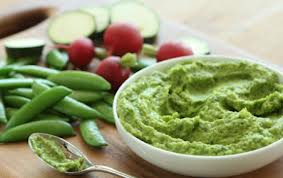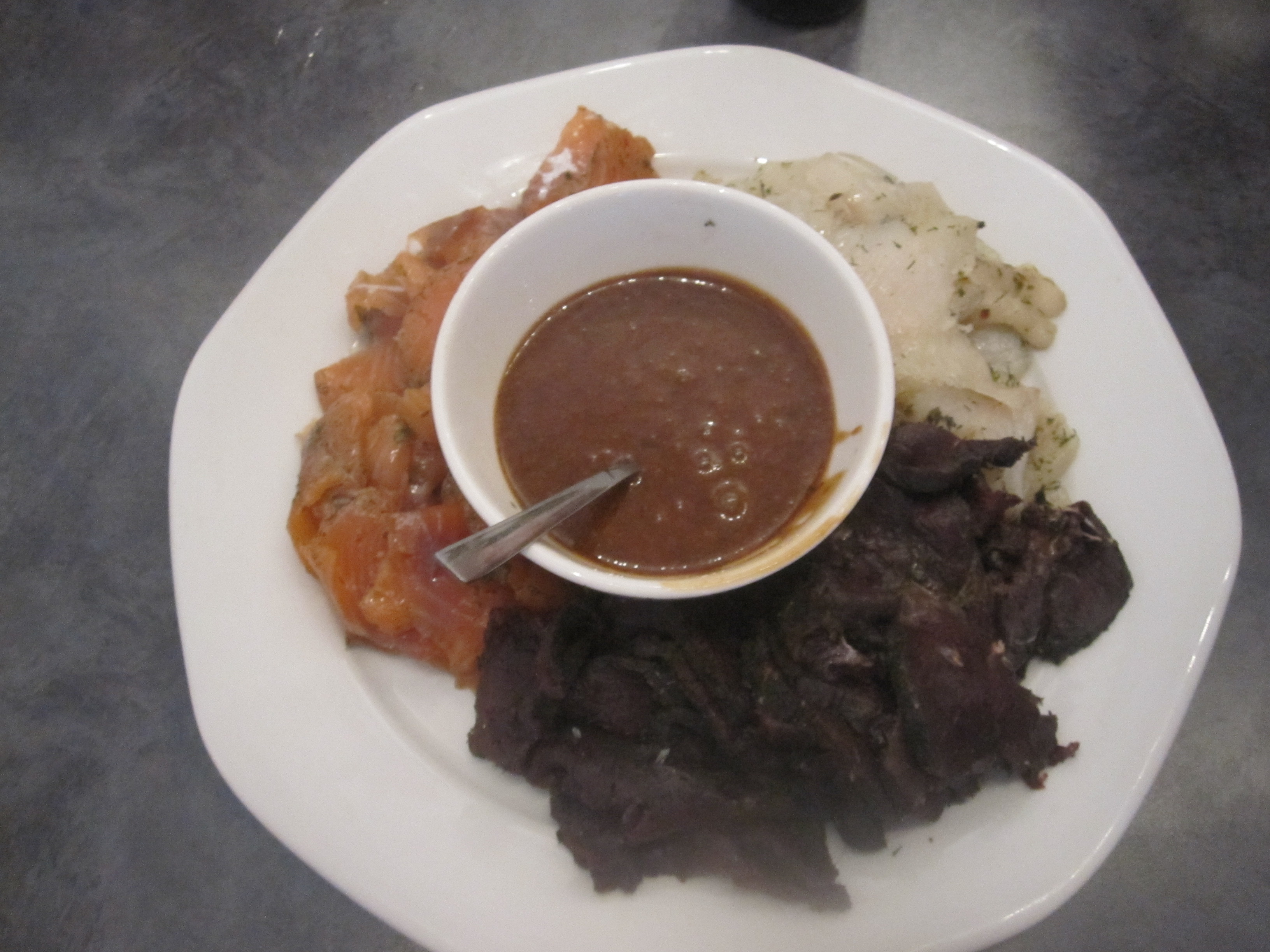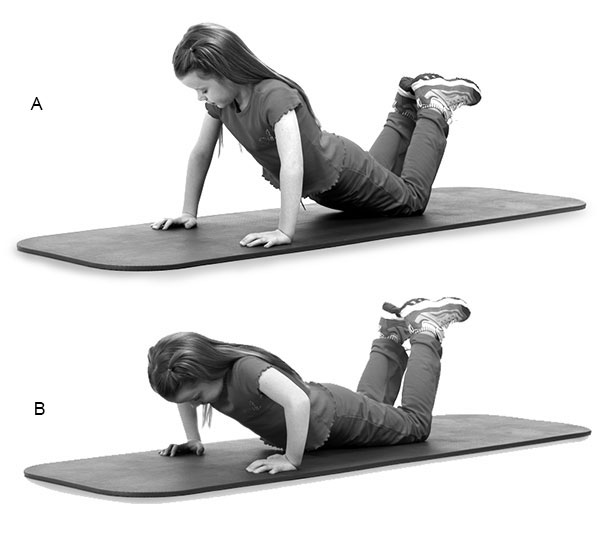The Worlds Best Vegetarian Protein Sources
Last week we covered what we thought to be "the 10 worlds best protein sources."
With over 200 "likes" on Facebook, there was surely some solid interest that topic…
… though several comments came through asking about vegetarian sources of protein.
While quinoa was included in our list of 10, many of the others were fish, beef, poultry, etc.
That being said, there’s definitely room for non meat sources of protein as well.
Like we had mentioned previously, the data continue to mound for the benefits of protein, with the majority now supporting a consistent intake throughout the day whether you’re trying to lose fat or gain muscle. We’d argue that protein timing, meaning the frequency of intake throughout the day, trumps total protein intake (tweet this).
Here are just a few of the benefits.
- Protein helps fill you up.
- Protein helps your muscles repair and recover
- Protein provides essential amino acids, that we need to get from the diet and our bodies need to function
Alright, that being said – here’s our picks in no particular order:
Worlds Best Vegetarian Protein Sources
- Quinoa. Another vegetarian based protein, but unlike nuts, this one is a complete protein, meaning it has all the essential amino acids. SCORE! WIN if you’re a vegetarian. WIN if you’re not. I’d call that a "win win" for packing in a serious nutrient punch. We made some the other night, in fact — cooked it in chicken broth, added a handful of toasted almond, some fresh herbs and some raisins. This was a side with chicken breast and some Brussels sprouts.
- Black Beans. These little buggers are loaded with protein. While they’re not "complete" proteins, meaning they have all the essential amino acids, at 7 grams of protein per 1/2 cup they pack a wholloping protein punch. Couple that protein with the same amount of fiber for that 1/2 cup, along with plenty of antioxidants and these are a no brainer, solid addition to salads, eggs, and wraps to name a few.
- Pistachios. With around 6 grams of protein per about 49 nuts (1 serving), you get some serious bang for your buck with these. Of course when you also consider pistachios are a great source of healthy, monounsaturated fats, fiber and vitamins and minerals, they make a fantastic snack option (particularly because they’re portable).
- Lentils. It’s hard to compete with these as a vegetarian source of protein; at nearly 9 grams for just 1/2 cup, you’d be hard pressed to find as much protein in comparable servings of vegetarian based foods. In fact, if you do the math, double that for 18 grams which is nearly equal in protein to 3 ounces of beef. Of course beef has its own unique nutrients and was on our list of worlds greatest protein sources, but they’re both excellent in their own right. Like black beans, lentils are not a complete protein, but since most people don’t focus solely on eating just one protein food and instead eat a variety of options, that’s not much of a concern for the majority. The other nice thing about lentils is they cook up very quickly are also loaded with fiber (9 grams for that same 1/2 cup serving) and iron.
- Soy milk. Though this one is quite controversial, it’s hard to deny the protein you get in a small serving of soy milk. At 8 grams per one cup of soy milk, which does provide all the essential amino acids, it’s certainly an option for those who are comfortable drinking soy. This blog isn’t about GMOs or any of the other soy controversies, so when we’re solely talking protein, this is an way for vegetarians to get a decent serving.
- Whole eggs. So if you’re a vegan, these won’t work, but most other vegetarians do include eggs, so it made the list again. They’re just THAT good! For the price and quality, it’s hard to find a comparable source of high quality protein out there. And whole eggs is key – while the whites do have some protein, too, you get even more in the yolk, along with a whole slew of other great for you nutrients. Therefore, we put our vote in for whole Eggs are the worlds best protein source.
- Hummus. If you’re not quite familiar with this Mediterranean delight, hummus is made from ground chickpeas, olive oil, salt, garlic and tahini (ground sesame seeds). Then you can of course flavor it with whatever you’d like, but those are the basic ingredients. When you then look at one of the ingredients, chickpeas, they’re loaded with protein themselves. Add sesame seeds on top and, voila, you’ve got a fantastic source of protein. Add hummus to wraps, use it on salad, or simply use it as a dip for veggies – 1/2 cup provides about 10 grams of quality protein.
- Peas. While peas certainly aren’t the most popular vegetable in the world, the little green nuggets of goodness
 are a pretty decent source of protein. Many vegan based protein powders use pea protein as one of the sources, but even eating whole peas offers about 10 grams of protein per cup. Pretty good for a veggie! Here’s a fun way to use these if you don’t think you’re a fan. Make your own guacamole — use 1 full avocado, 1 cup of pureed peas (you can defrost frozen ones and then blend them), a pinch of salt, dash of cayenne pepper, the juice of 1 whole lime and cilantro, to taste. Mix it all together and you get the guacamole flavor with an added boost of pea protein, yet 200 less total calories.
are a pretty decent source of protein. Many vegan based protein powders use pea protein as one of the sources, but even eating whole peas offers about 10 grams of protein per cup. Pretty good for a veggie! Here’s a fun way to use these if you don’t think you’re a fan. Make your own guacamole — use 1 full avocado, 1 cup of pureed peas (you can defrost frozen ones and then blend them), a pinch of salt, dash of cayenne pepper, the juice of 1 whole lime and cilantro, to taste. Mix it all together and you get the guacamole flavor with an added boost of pea protein, yet 200 less total calories. - Broccoli. Calorie for calorie, broccoli is offers a pretty solid amount of protein. For 1 cup of cooked broccoli, you get about 4 grams of protein yet just 55 calories. With 5 grams of fiber for that same 1 cup, this green veggie should certainly be high in the list of options. It’s also loaded with other nutrients, antioxidants, vitamins and minerals. We love it here in eggs, on pizza, in wraps or as a way to scoop up plenty of the hummus listed above.
Regardless if you’re a vegetarian or not, eating some vegetarian based foods on occasion is a wise idea. As you can see from the choices above, it’s not just about protein but these foods are also loaded with plenty of other nutrients. Mix it up. Sometimes use sources from our worlds best proteins blog and others use ones from this blog. Or, better yet, combine the two — beef with a side of broccoli and quinoa, for example. Or top a chicken of fish taco with guacamole made with peas. The options are endless. And the importance of protein can’t be overstated. Combining protein (and fiber) with each meal and snack is one of the most important nutrition tips (tweet this).
-
The Best Time to Write Your Grocery List
You’ve heard it before: If you want to shed a few pounds, you better m
-
How Wolfgang Puck Lost 20 Pounds
I first met Wolfgang Puck in 1985, when I was a waiter at a five-star
-
Why You Drunk Dial Domino’s
There’s a reason six-pack drinkers don’t have six-pack abs—but it’s no
-
Eat This, Feel Full, Gain Less
You’ve been counting every calorie, but the scale (and your gut) won’t
-
Abs Diet: Muscle-Building Meats
While turkey is a top-shelf Powerfood, that doesnt mean other mea
-
How Exercise Burns Body Fat
Not long ago I found myself in a situation you can probably identify w
- DON'T MISS
- The Worlds Best Vegetarian Protein Sources
- Weight Loss: Abs Diet Workout Worksheet
- The Waist-Shrinking Power of Guys’ Night
- Booze Up without the Beer Belly
- Outsmart Your Sweet Tooth
- STUDY: The Lifting Method That Sky-Rockets Your Metabolism
- Abs Diet: Peppers with Beef Recipe
- World Series, Snacks & Beer
- 4 Simple Tricks to Eat Less
- Weight Loss: Abs Diet on Vacation




